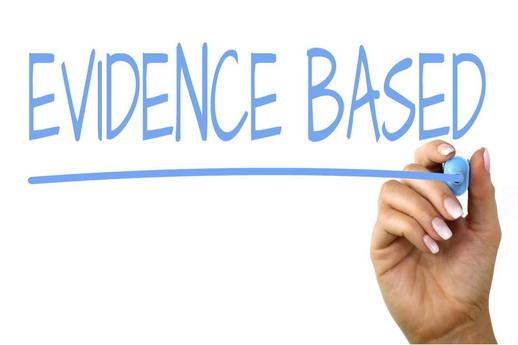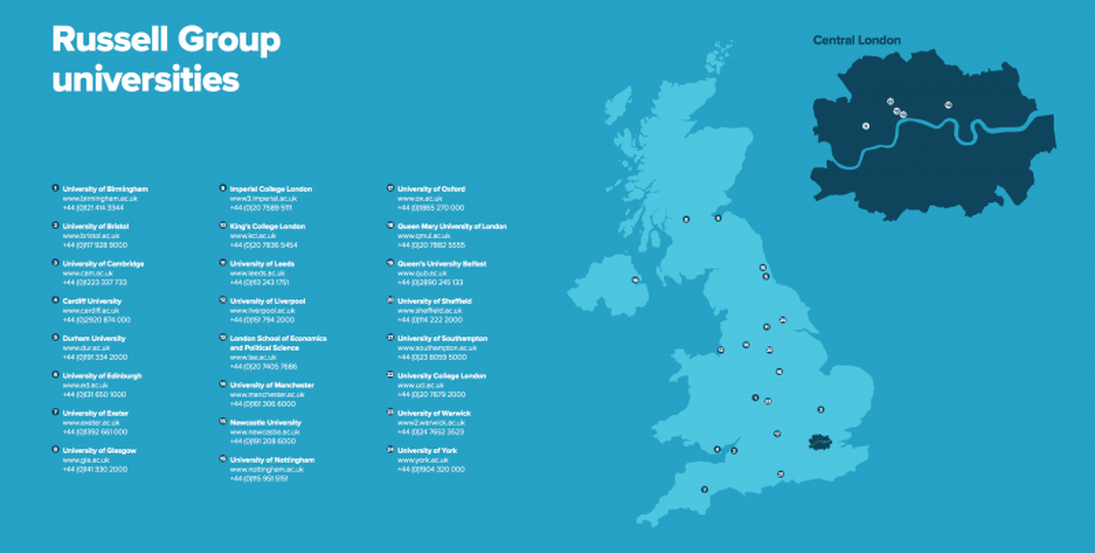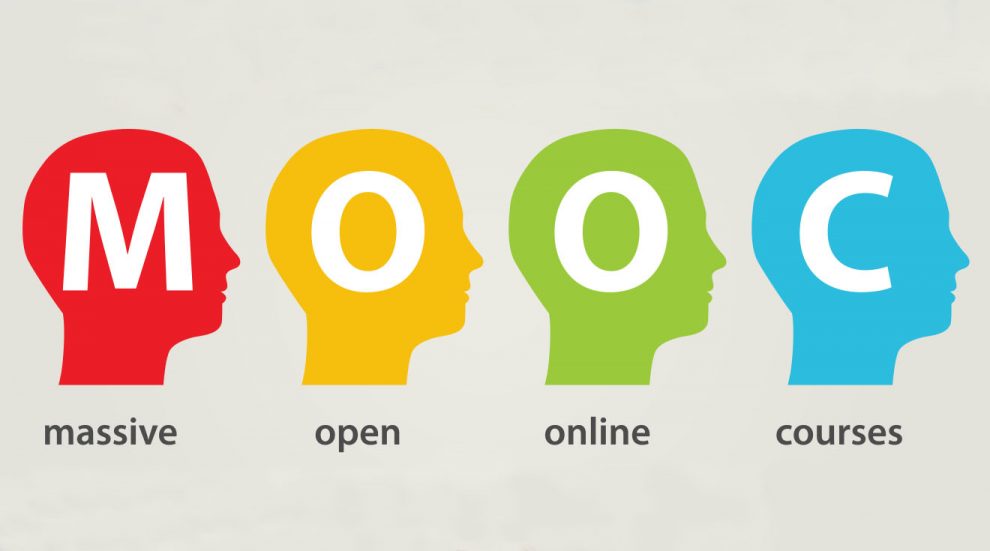Criminology is the study of the causes, control, management, motivation, and other details of crime.

The Complete University Guide has an excellent guide to Criminology at University. Click on the logo opposite to find out more.

UCAS Predictions
Grade predictions are made by the Head of Department. These grades have to be based on evidence
from:
- the Year 12 mocks exams;
- regular tests and assignments throughout the A Level courses; and
- the student’s GCSE grades.
The door will remain ajar for students to improve upon their predicted grades. The Psychology department gives students further opportunities with internal exams at the start of September.
Grade predictions are made by the Head of Department. These grades have to be based on evidence
from:
- the Year 12 mocks exams;
- regular tests and assignments throughout the A Level courses; and
- the student’s GCSE grades.
The door will remain ajar for students to improve upon their predicted grades. The Psychology department gives students further opportunities with internal exams at the start of September.
|
| ||||||||||||
Personal Statements
The purpose of the personal statement is to help them find out more about you and your suitability for the courses you are applying for. It is an opportunity for you to present your goals, experiences, skills, qualities and qualifications in the best possible light, as well as to demonstrate your writing ability. Your personal statement provides scope for you to distinguish yourself from other applicants.
When you submit your UCAS application for your chosen course at university, it will usually be read by an admissions tutor. The admissions tutor is usually
The purpose of the personal statement is to help them find out more about you and your suitability for the courses you are applying for. It is an opportunity for you to present your goals, experiences, skills, qualities and qualifications in the best possible light, as well as to demonstrate your writing ability. Your personal statement provides scope for you to distinguish yourself from other applicants.
When you submit your UCAS application for your chosen course at university, it will usually be read by an admissions tutor. The admissions tutor is usually
- a lecturer in the subject - so don't try to teach them what the subject is about, they know it and have dedicated their life to it
- has been promoted to the position of choosing students for their degree course
- recruits the target number of students to ensure the course is financially viable.
| ucas_personal_statements_for_psych_2018.docx | |
| File Size: | 0 kb |
| File Type: | docx |

Books to read for Criminology UCAS application
It is recommended that you discuss this with VE, as different books will be useful for different courses and different universities.
It is recommended that you discuss this with VE, as different books will be useful for different courses and different universities.
|
This list from Ebay helps those interested in studying Criminology explore some of the most compelling cases in history and ponder what compelled the criminals to perform their acts and how the skills of the criminologists solved the crimes.
|
|
Further suggestions for UCAS reading are on ‘Oliver’ on the school portal.
Go to http://portal.aldenham.com/Library/default.aspx click on ‘Oliver’. Search using the word ‘evagora’ |
Other Ways to Prepare for Criminology at Uni
League Table for Criminology
Choosing a University - Using Predicted Grades
It is worthwhile narrowing down the 169 universities by looking at those which make offers based on your predicted grades. Which? and The Guardian League tables can help you to filter by your predicted grades.
It is worthwhile narrowing down the 169 universities by looking at those which make offers based on your predicted grades. Which? and The Guardian League tables can help you to filter by your predicted grades.
Choosing a University - go to the Open Days

Highly Selective Universities (including Russell Group and Oxbridge)
If you have joined Aldenham's HSU programme and are interested in reading Criminology at University, ensure that you have determined your meeting times with VE and understood what your university challenge is (see the email from EEM).
If you have joined Aldenham's HSU programme and are interested in reading Criminology at University, ensure that you have determined your meeting times with VE and understood what your university challenge is (see the email from EEM).
|
The Bromley Briefings
The file on the right is published each year. The data is drawn largely from government sources. The report charts the extraordinary rise in prison numbers over the last twenty years, inflation in sentencing and the social and economic consequences of overuse of custody. It reveals the state of our overcrowded prisons and the state of people in them, the impact of deep budget cuts, the pace and scale of change in the justice system and the scope for community solutions to crime. |
| ||||||













